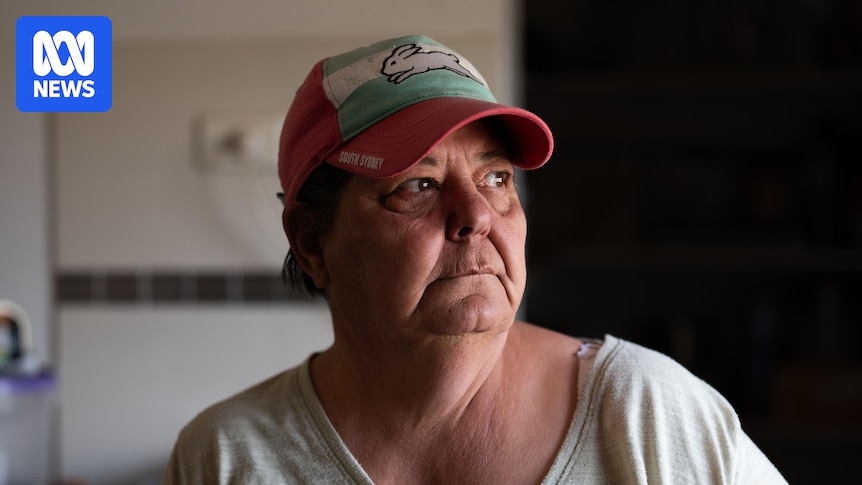
It was a cold Tuesday night in June, 11 years ago, when Kim May, a support worker at Dubbo College Delroy Campus, witnessed a disturbing video that would alter the trajectory of her life. Celebrating a birthday at a local pub in Dubbo, New South Wales, Kim noticed a colleague laughing while showing a video on his phone. The video depicted a non-verbal student from the school’s support unit, a section for children with learning difficulties, walking with his pants down, exposing his bottom.
The colleague, Mark Prince, also worked in the support unit and laughed as he shared the video with others. Kim, appalled by the lack of concern from her peers, confronted Mark and reported the incident to the school principal. Yet, no apparent action was taken, and Kim found herself ostracized, leading to a downward spiral in her mental health.
The Culture of Silence and Its Consequences
Kim’s initial report to the principal was met with inaction, and she was advised to remain silent about Mark Prince. This culture of silence extended beyond Kim, affecting other students like Paul Eastwood, who faced bullying and intimidation from Mark during his time at the Clontarf Foundation program, designed to support young Aboriginal boys through sport and mentoring.
Paul’s father, Greg Eastwood, described his son as a cheerful boy eager to learn despite his challenges with literacy. However, after joining the Clontarf program, Paul experienced repeated suspensions and verbal taunts from Mark. The Department of Education later found insufficient evidence to support these claims, but the impact on Paul was undeniable.
“He was crying at night, wondering what he’d done and saying, ‘I don’t even know what I’d done’,” Greg Eastwood recounted.
Investigation and Revelations
Years later, a 14-month investigation by the NSW education department sustained 15 out of 26 allegations against Mark Prince, including the filming incident Kim reported. The investigation revealed that Mark had also supplied alcohol to students during a Clontarf bus trip, an action deemed “irresponsible” and “reckless” by the department.
Despite these findings, Mark continued to work with children, holding a current Working with Children Check and serving as a senior case manager for a government program aimed at supporting at-risk youth. This loophole highlights a significant gap in the system, allowing individuals banned from one organization to work with another.
“Those loopholes exist. You may be banned from working for an organization [but] you can work for another,” said Danielle Sparrow, a union representative who became involved in the case.
Systemic Failures and Apologies
The NSW Department of Education eventually issued an apology to Kim, acknowledging their failure to act on her report. The Professional and Ethical Standards team admitted that the principal at the time did not report the incident as required, and Kim’s concerns were not appropriately addressed.
For Kim, Greg, and Paul, the apology offers little solace. The systemic failures allowed Mark’s behavior to go unchecked, leaving lasting scars on those involved. Paul’s disengagement from school due to these events has had long-term effects on his education and well-being.
“It’s taken up a lot of our time and energy to tell the truth, to get them to act on those allegations, and we are the ones that suffer,” Greg Eastwood lamented.
Looking Forward: Addressing the Loopholes
The case of Dubbo College Delroy Campus underscores the urgent need for systemic reform to prevent similar incidents. Ensuring that organizations communicate effectively about individuals banned from working with children is crucial to safeguarding vulnerable populations.
As Kim May reflects on her journey, she remains committed to advocating for change and protecting those who cannot protect themselves. The education department’s acknowledgment of its failures is a step forward, but the road to rebuilding trust and ensuring safety in schools is long and requires concerted effort from all stakeholders involved.





